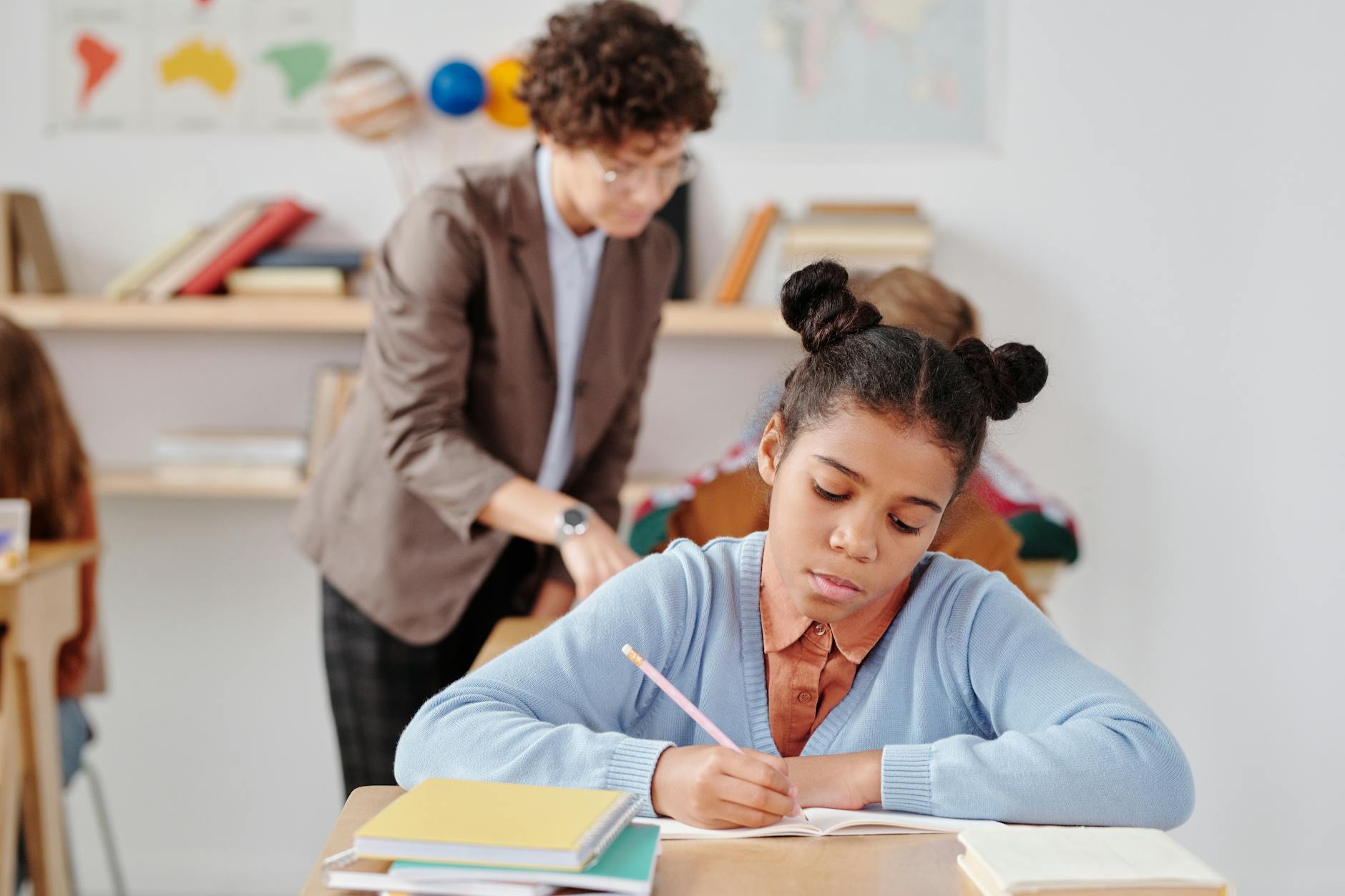What’s your story, son?
When charged with an offence, we all have the right to tell our story; to explain and defend ourselves, whether it be to a policeman, a lawyer, the magistrate or the judge.
We all have this legal right in Australia. But not all of us can use it.
Telling your story is harder for some people than others, and if you do a bad job – no eye contact, use short, vague sentences, ramble on chaotically, or simply answer questions with a shrug – people are more likely to assume you’re guilty.
If you are unlucky enough to have a significant language problem, you might struggle to understand what your lawyer or the authorities are telling you. You might not be able to find the words or string sentences together logically to explain what happened. Or both.
Is this a major issue for youth justice in Australia?
You betcha.
Consider what Associate Professor Pamela Snow and other leading researchers have found in the last decade or so:
- Up to 50% of young offenders have a clinical (often previously undetected) oral language impairment (Snow & Powell, 2008).
- When young people with language problems are under pressure, e.g. are being interviewed by police, they are likely to produce monosyllabic, poorly elaborated and non-specific answers that may be accompanied by poor eye contact and shoulder shrugs, which may lead to perceptions of apathy, rudeness and a lack of compliance (Snow & Sanger, 2011).
- Language skills and empathy develop as we interact with loved ones (Cohen, 2001).
- Language development can be affected adversely by abuse and neglect (Snow, 2009).
- Pre-school children reared in poverty perform well below expected levels on oral language tests, regardless of their intelligence (Locke, Ginsborg & Peters, 2002).
- Poor language ability in the early years increases the risk of anti-social behaviour at 14 years of age (Bor, McGee & Fagan, 2004).
- Kids who learn to read easily often start school knowing how to talk and to listen well, tell stories, link sounds to letters, blend sounds into words, and segment words into sounds learn to read (Paul, 1995). Literacy, which is essentially a language-based skill, is essential for academic success, which, in turn, makes it more likely that kids will go on to study and obtain meaningful employment. (Dockrell, Lindsay and Palikara, 2011).
- Although the causes and effects – the directions and size of the relationships – are yet to be untangled, the combined effects of poor academic achievement, family dysfunction and low socioeconomic status are predictors of kids hanging out with the wrong crowds and coming to the attention of authorities (Stephenson, 2007).
So, if you have a language problem and live in poverty you are more likely to fall in with the wrong crowd, less likely to learn how to read or find a good job and, if picked up by the authorities, less likely to be able to defend yourself. Oh, and you probably won’t be able to afford a good lawyer either.
Does that seem fair to you?
What should we do about it?
Stay tuned….
Key source: Snow, P., & Powell, M. (2012). Youth (in)justice: Oral language competence in early life an risk for engagement in anti-social behaviour in adolescence. Trends and Issues in Crime and Criminal Justice, 435.
Related articles:
Image: http://tinyurl.com/n9y8tko

Hi there, I’m David Kinnane.
Principal Speech Pathologist, Banter Speech & Language
Our talented team of certified practising speech pathologists provide unhurried, personalised and evidence-based speech pathology care to children and adults in the Inner West of Sydney and beyond, both in our clinic and via telehealth.








